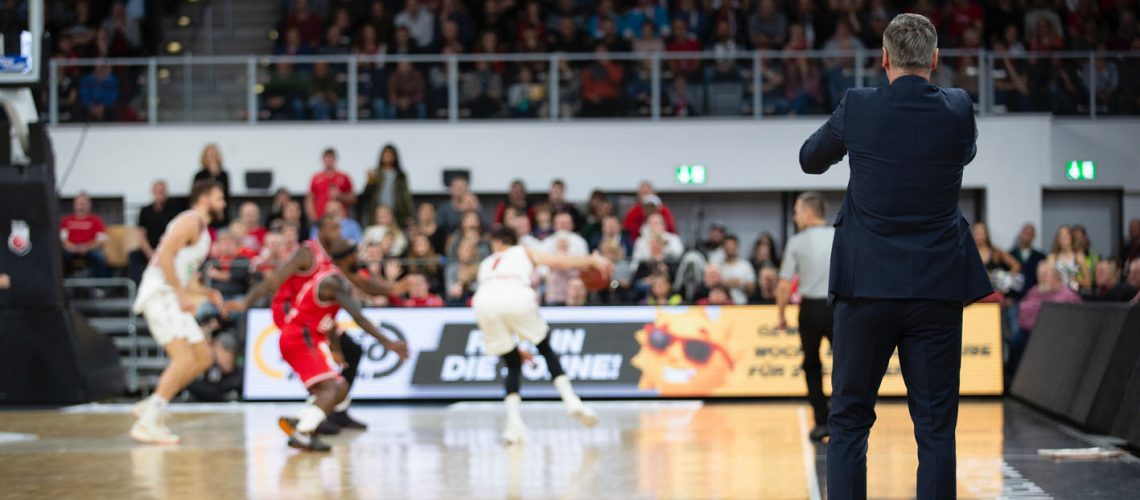
- January 31, 2020
- , 8:00 am
- , Uncategorized
Coaches, who looks after you?
In the world of high performance sport, the star is without doubt the athlete. Their achievements and disappointments grab the media’s attention, giving spectators an immediacy and intimacy that makes us feel we belong with the athlete. They are a part of our world. We celebrate their successes and share the pain of failure as if it were our own. What we sometimes forget is that it is the athletes who feels the outcome of an event most acutely and so too their coach.
Behind any top athlete you’ll find a coach and a support team, their primary objective is to train and develop their athlete to be the best they can be and maximise the athlete’s potential. No easy task, the journey from training to competition to the podium is a long and often stressful one. On this journey athlete and coach are vulnerable to stress, and like the athlete the coach’s will be directly affected by the athlete’s success or failure.
Effective performance for both athlete and coach will mean coming to terms with stress, managing it so that stress becomes a performance enabler (not as a disabler). Studies confirm that the same stress factors that affect the athlete effect the coach. This will come as no surprise, after all both coach and athlete are human and exposed to similar stressors. The same studies revealed that in the management of stress, coaches to their credit, know and use diverse psychological tools with their athletes, examples of techniques include: relaxation, goal-setting, visualization/imagery, mindfulness, self-talk among others. Now here comes the surprise while coaches advocate the use of these techniques, only 30% use the same techniques to manage their own stress.
‘What’s good for the goose is good for the gander’. There is a strong case for coaches to practice what they preach. Surely if a coach advocates stress management and the broader concepts of mental health and well being they should do the same for themselves. Thus if a coach tries to improve his athlete’s “mental toughness” or mindfulness, he should also do the same for himself.
This gives rise to the question how does the coach “train” himself to manage their stress, promote performance, mental health and well being?
At Elite Feats we’d like to know your recommendation, how do you believe coaches should look after themselves. Add a comment or share a post with us.
Here are some suggestions:
- Recognise the importance of mental health and well being, If you don’t, you can expect expect an uphill battle.
- Apply the same techniques you use and promote with your athletes, be a role model and advocate for these techniques.
- Have a support network inside and outside the sporting community.
- Engage with a mental health professional, a psychologist ,life coach or a counsellor, this can provide perspective, raise self awareness and give practical enhancement skills.
- Maintain a constant focus on your own personal and professional development.
- Ensure that the management techniques you use match the demands of the situation and fulfill your personal/professional needs.
- Find new ways of dealing with old problems, sometimes there are more effective management techniques than ‘the same old, same old’.
- Schedule a periodic ‘check in’ to assess health and well being.
At Elite Feats we’d like to know your recommendation, how do you believe coaches should look after themselves. Add a comment or share a post with us.